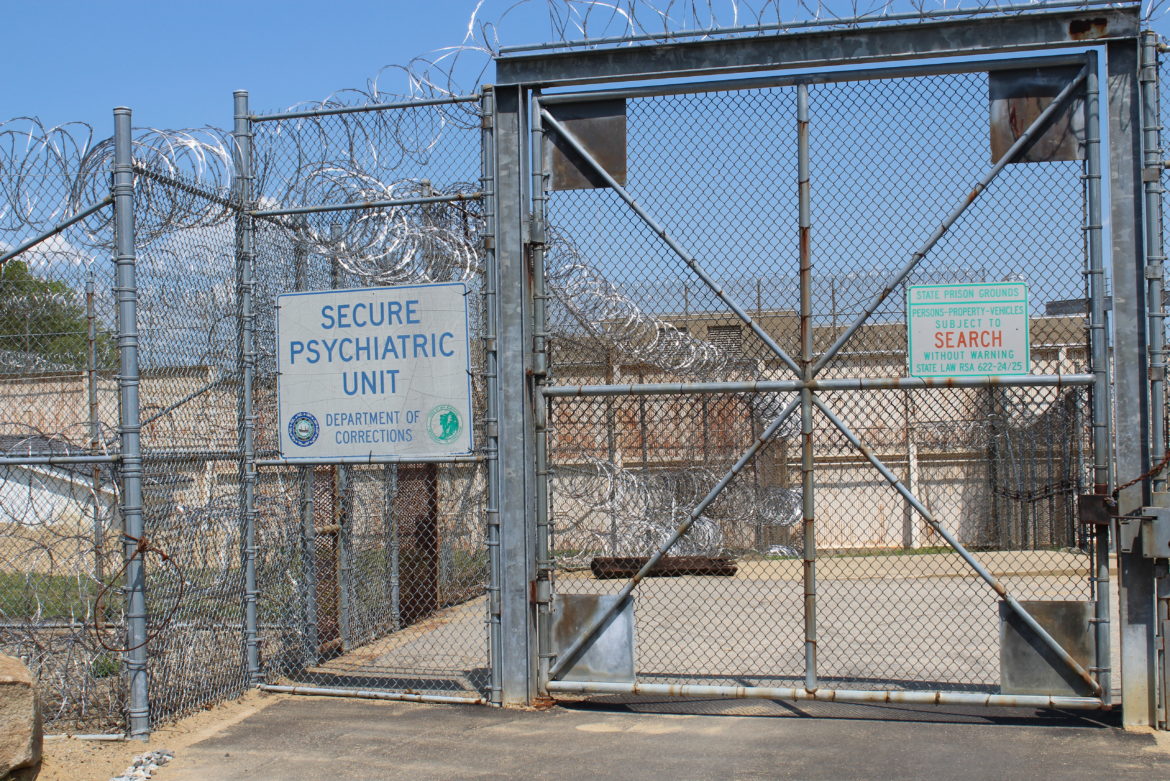Today, Governor Chris Sununu signed three executive orders at the Mental Health Center of Greater Manchester to fulfill recommendations from the state’s new 10 Year Mental Health Plan.
“With the stroke of a pen, we are taking action on three more recommendations from the State’s new 10 Year Mental Health Plan,” said Governor Chris Sununu. “While change does not come overnight, we are confident that through these individual-centered reforms we will create a better mental health system for New Hampshire families.”
HHS Commissioner Jeff Meyers said: “On behalf of the Department, I wish to applaud Governor Sununu’s leadership in moving forward with the implementation of New Hampshire’s new 10-Year Mental Health Plan.
“The executive orders issued today focused on justice-involved individuals and workforce development will specifically address two significant barriers to a stronger mental health system – better services for individuals with a mental illness who are involved with the criminal justice system, and providers’ ability to recruit and retain their workforce. The Department also enthusiastically supports the new Division of Performance Evaluation and Innovation to measure our ability to successfully serve the people of New Hampshire. These measures, as well as the substantial funding of additional mental health resources in the Governor’s budget, will transform our mental health system to better serve our citizens.”
Today’s Executive Orders will implement three recommendations from the State’s 10 Year Mental Health Plan – recommendations 8, 11, and 13:
Recommendation 8: Establish a Commission to Address Justice Involved Individuals. This recommendation is to establish a commission by executive order or legislation to bring together the Department of Corrections (DOC), County Corrections, the Judicial Branch, DRFs, NHH and community service providers to address issues that arise when individuals with mental illness end up in the correctional system. The commission should examine and make recommendations on steps that can be taken to reduce incarceration, improve mental health services and transitions, including transportation, to and from the county and state institutions. The commission also should revisit the issue of using restraints during transports to and from facilities.
Recommendation 11: Workforce Coordination. This recommendation is to create an oversight commission to bring together all of the efforts taking place to address healthcare workforce shortages. The commission should leverage the work that has been done and is currently underway to develop a statewide, comprehensive and integrated approach to growing the workforce all healthcare professions, including those needed to serve individuals with mental illness.
Recommendation 13: Streamlining Administrative Requirements. The state places myriad requirements on providers to ensure that individuals are receiving high quality care and are conforming to state and federal regulations. These requirements appear in many forms, including state law, administrative rule, contracts with Medicaid managed care organizations and contracts with DHHS. This recommendation is to require DHHS to conduct a LEAN or similar process to determine where there is redundancy in quality reviews, designations, CMHA-related reporting and other requirements. This review must include the procurement and contracting process to ensure that when funds are allocated to programs there is an efficient manner in which to disseminate the funds without unnecessary delay. This should include educating potential bidders about any significant, new-to-the-state services being established prior to issuance of the request for proposals. The DHHS should report on its findings to the Governor and Legislature no later than July 1, 2019.

